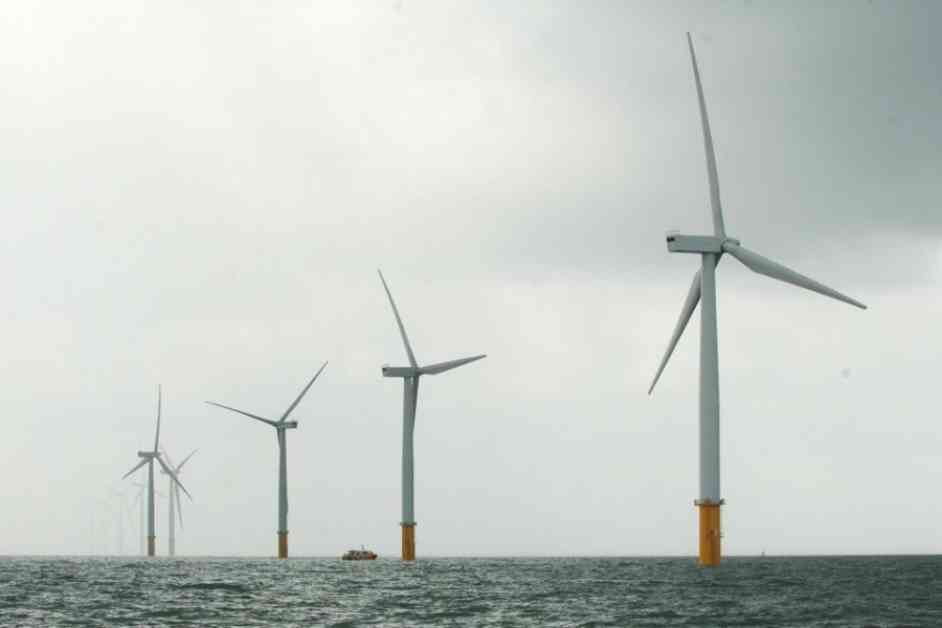Plans for giant floating wind farms in Scotland are causing concern for the fishing industry, according to the Scottish Fishermen’s Federation (SFF). The leader of the SFF, Elspeth Macdonald, expressed worries about the impact of these renewable projects on the fishing sector during the SFF’s annual dinner in Edinburgh.
Macdonald emphasized that mobile fishing and floating offshore wind farms cannot coexist peacefully. She raised alarms about the potential threat these wind farms pose to jobs in the industry, describing it as an existential crisis. She urged the Scottish Government to consider the consequences of supporting an industry that could jeopardize the country’s food production.
Despite some progress in discussions with the government, Macdonald stressed the need for pragmatic policies that recognize the challenges faced by both the fishing industry and the government. She called for concrete actions to support and protect the fishing sector from the expansion of floating offshore wind projects.
While acknowledging the importance of transitioning to renewable energy, Macdonald highlighted the efficiency of fishing in terms of greenhouse gas emissions compared to other forms of food production. She emphasized the need for a balanced approach that supports both renewable energy goals and the preservation of the fishing industry.
One of the main concerns raised by Macdonald is the exclusion of fishing businesses from areas that have been traditionally fished for generations. The uncertainty surrounding the consequences of this exclusion on businesses, people, and the environment adds to the urgency of finding a solution that safeguards the fishing sector.
The development of floating wind farms, such as the Ossian project off Scotland’s east coast, presents a significant challenge for fishermen. The potential energy production capacity of these wind farms is impressive, but the impact on the fishing industry cannot be ignored.
In response to these concerns, a Scottish Government spokesperson highlighted the importance of a just transition to net zero emissions. Balancing the growth of offshore renewables with the protection of the marine environment and the support for seafood and marine sectors is crucial. The government is committed to engaging with the fishing industry to ensure sustainable decision-making regarding Scotland’s marine space.
As Scotland continues its journey towards net zero emissions, finding a harmonious coexistence between renewable energy projects and the fishing industry will be essential. Collaborative efforts between the government, industry stakeholders, and environmental experts are necessary to navigate the challenges posed by the expansion of floating wind farms. Balancing environmental sustainability with economic prosperity is key to securing a sustainable future for Scotland’s marine resources and livelihoods dependent on them.












